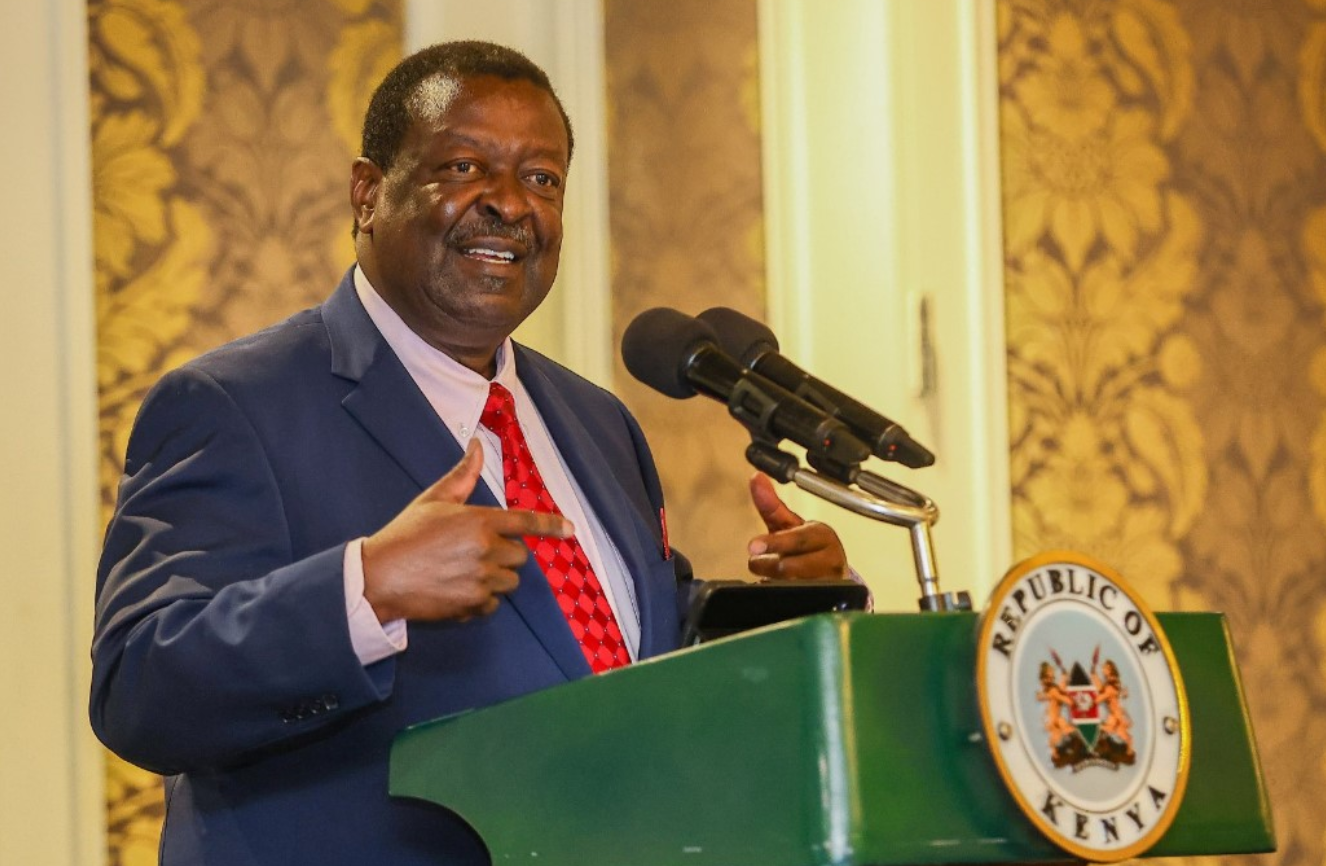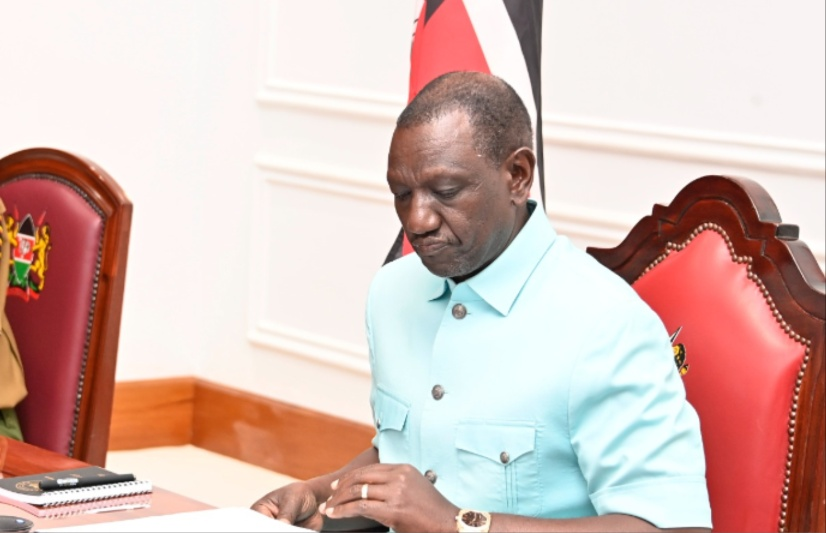A Kenyan man who was abducted in Ethiopia has finally returned home after enduring a week in captivity. The man, identified as Samuel Njagi Mbugua, was released after his employer paid a ransom of Ksh2.5 million to his kidnappers.
Mbugua, who worked as a plant manager at a glass packing factory in Debre Benha, Amhara Region, had been seized by unidentified men on October 28, 2025. His rescue followed days of tense negotiations led by Kenyan and Ethiopian authorities, his employer, and family.

Kenyan Abducted in Ethiopia Freed After High-Stakes Negotiations
Government sources confirmed that Mbugua’s employer wired the ransom money on November 4, after kidnappers refused to release him without payment. According to the Office of the Prime Cabinet Secretary (OPCS), the payment—equivalent to 3 million Ethiopian Birr—was made following coordinated discussions between the Kenyan Embassy in Addis Ababa, the Ethiopian government, and Mbugua’s family.
The OPCS statement noted that “today, November 4th, Mr Mbugua was released following concerted efforts by all parties involved after difficult negotiations.” The statement did not disclose how Mbugua was located or whether any arrests were made.
Immediately after his release, plans were made to repatriate him. He boarded a Kenya Airways flight from Bole International Airport at 11:35 p.m. and landed safely at Jomo Kenyatta International Airport in Nairobi early Tuesday morning.
“We are deeply relieved to announce that Mr Samuel Njagi Mbugua, who was abducted on Tuesday, October 28th, at his workplace in Ethiopia, has been safely released and reunited with his family,” said a brief from the Prime Cabinet Secretary’s office.
Abduction Raises Questions on Worker Safety in Ethiopia
The details surrounding Mbugua’s kidnapping remain unclear. However, sources familiar with the incident said he was taken by armed men at his workplace in Debre Benha, about 120 kilometres from Addis Ababa, an area that has faced sporadic unrest in recent months.
Employees at the plant described the abduction as swift and well-coordinated. Witnesses said Mbugua was forced into a vehicle by men who claimed to be security officials. They left without any confrontation, suggesting prior knowledge of the factory layout and Mbugua’s routine.
Security analysts have linked such incidents to Ethiopia’s rising cases of targeted kidnappings, particularly involving foreigners and business professionals working in conflict-prone regions. Many of these abductions are financially motivated, with kidnappers demanding hefty ransoms in exchange for release.
In this case, Mbugua’s employer reportedly bargained for days before settling on the Ksh2.5 million payment, down from an initial demand of Ksh3 million.
Embassy and Family Efforts Behind the Scenes
Following the abduction, Mbugua’s family in Kenya made frantic calls to authorities for assistance. The Kenyan Embassy in Addis Ababa immediately reported the matter to Ethiopian police, setting off a chain of diplomatic communication between the two countries.
Family members say they lived in fear throughout the ordeal. “We were getting updates from his employer and the embassy, but it was an emotional rollercoaster. We thank God and everyone who helped bring him back,” a relative said upon his arrival at JKIA.
The OPCS credited Ethiopian authorities for their cooperation but stopped short of confirming whether any suspects had been detained. Sources within the embassy said the negotiations were delicate and that paying the ransom was the only way to ensure Mbugua’s safe return alive.
Security agencies have urged Kenyan companies operating abroad to establish strong communication channels with local law enforcement in foreign territories, especially in regions with volatile security conditions.
Past Cases Reflect Growing Threat to Kenyans Abroad
This incident adds to a worrying pattern involving Kenyans in foreign countries, particularly in Ethiopia. In 2021, businessman Simon Njoroge was reportedly kidnapped after a business deal went wrong. His abductors demanded Ksh25 million for his release, though the case was later resolved quietly after diplomatic mediation.
Experts warn that the lack of clear legal frameworks on ransom payment and the growing trend of cross-border kidnappings expose Kenyan workers to enormous risk. “When employers pay ransom, it often emboldens kidnappers to repeat such acts,” said a Nairobi-based security consultant. “The government must work with Ethiopian authorities to track down the syndicates behind these crimes.”
For now, Mbugua’s family is simply relieved that their loved one is home safe. He is expected to undergo medical and psychological evaluation after spending seven days in captivity.
Meanwhile, the government says it will continue investigating the incident in collaboration with Ethiopian officials to prevent future kidnappings of Kenyan nationals.
The harrowing ordeal of Samuel Mbugua underscores the growing threat faced by Kenyan professionals working abroad. His safe return, though welcome, calls for stronger diplomatic safeguards and tighter security coordination between Kenya and Ethiopia.


